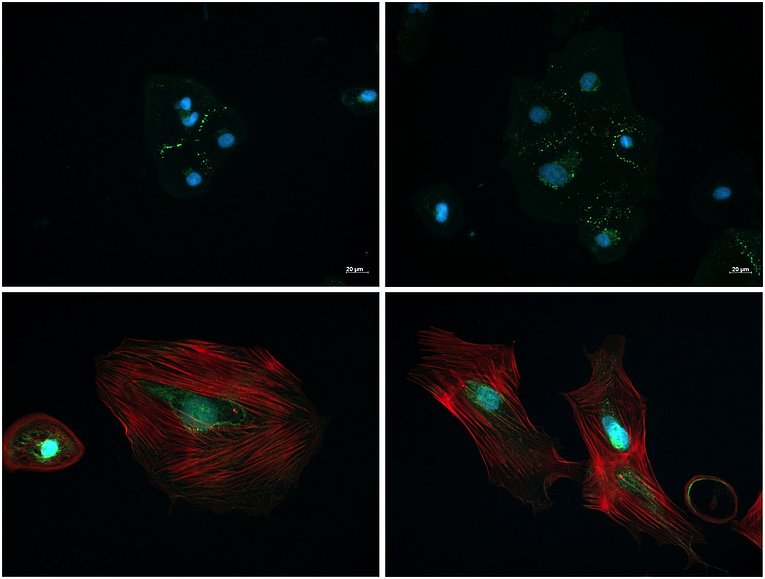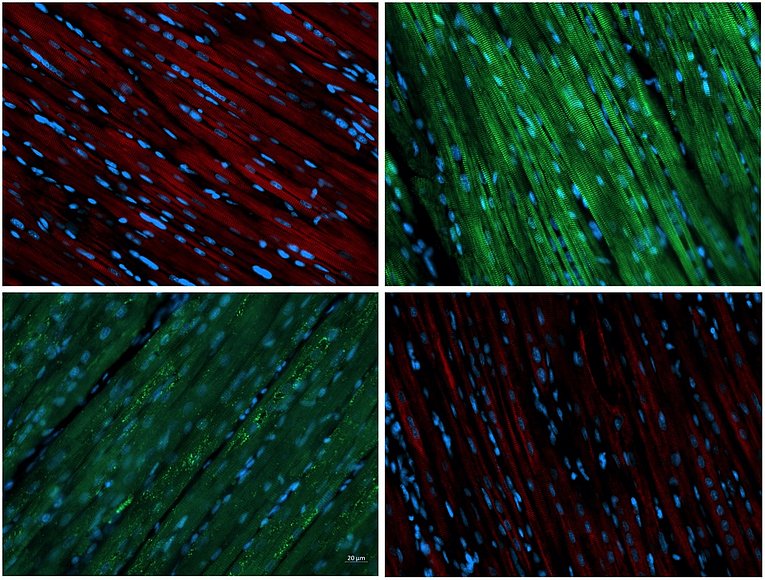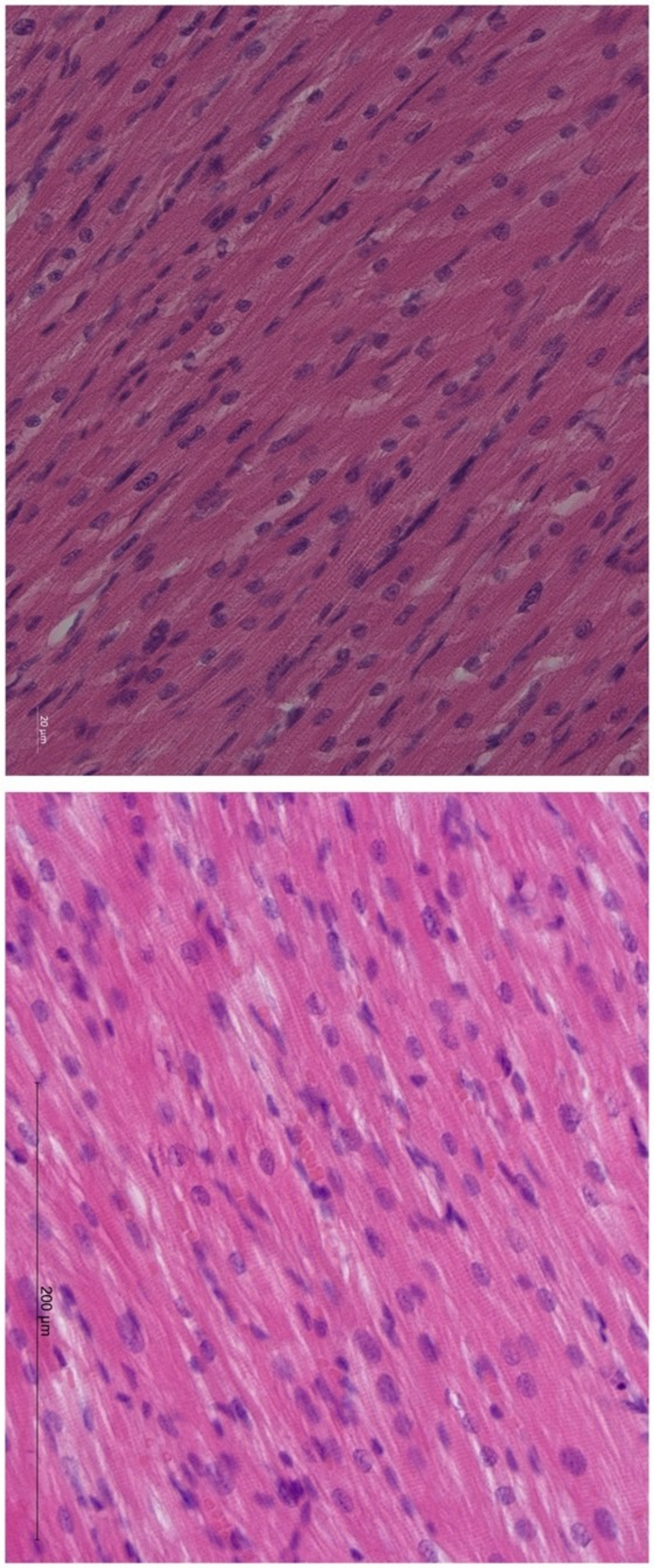Immune response after trauma and during sepsis
Rationale
Trauma is the leading cause of death below the age of 45 in industrial nations and trauma-induced injuries are still a clinical challenge. Besides severe and life-threatening injuries, trauma is further characterized by an overwhelming systemic activation of the immune system, which is further associated with severe sequelae of the affected patients. The post-traumatic inflammatory response is a highly complex process. Our group mainly focus on the cellular and molecular mechanisms of the post-traumatic inflammatory response as well as its impact on the heart and the lungs. New findings should be transfered to the human clinical situation, improving the diagnostics, management and therapy of severely injured patients.
Many of the severely injured patients develop in their clinical course an impaired function of their immune system, including a compromised immune defense to bacterial infections, resulting finally in severe sepsis. Sepsis is a life-threatening condition, including multiple organ failure of different organ systems such as heart, lung, liver and kidneys. The focus of our group lies on the cellular and molecular mechanisms contributing to the development of septic acute lung injury and septic cardiomyopathy with the long-term goal to develop new therapeutic strategies.
Team
A close exchange between the clinicians and the research lab allows a direct transfer of clinical problems into research and vice versa. This ensures a transfer of knowledge from the clinic to the laboratory and vice versa.
Theses
We regularly offer topics for doctoral-, bachelor- and master theses for medical- and life science students.






